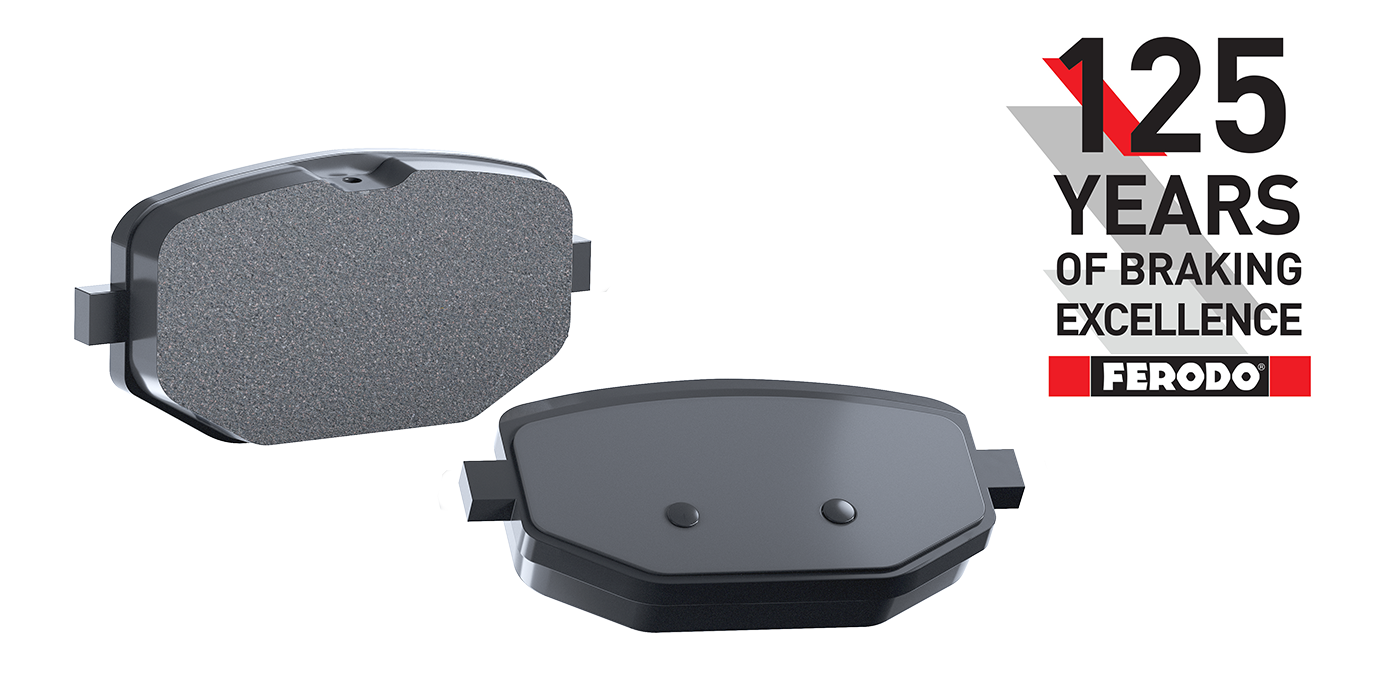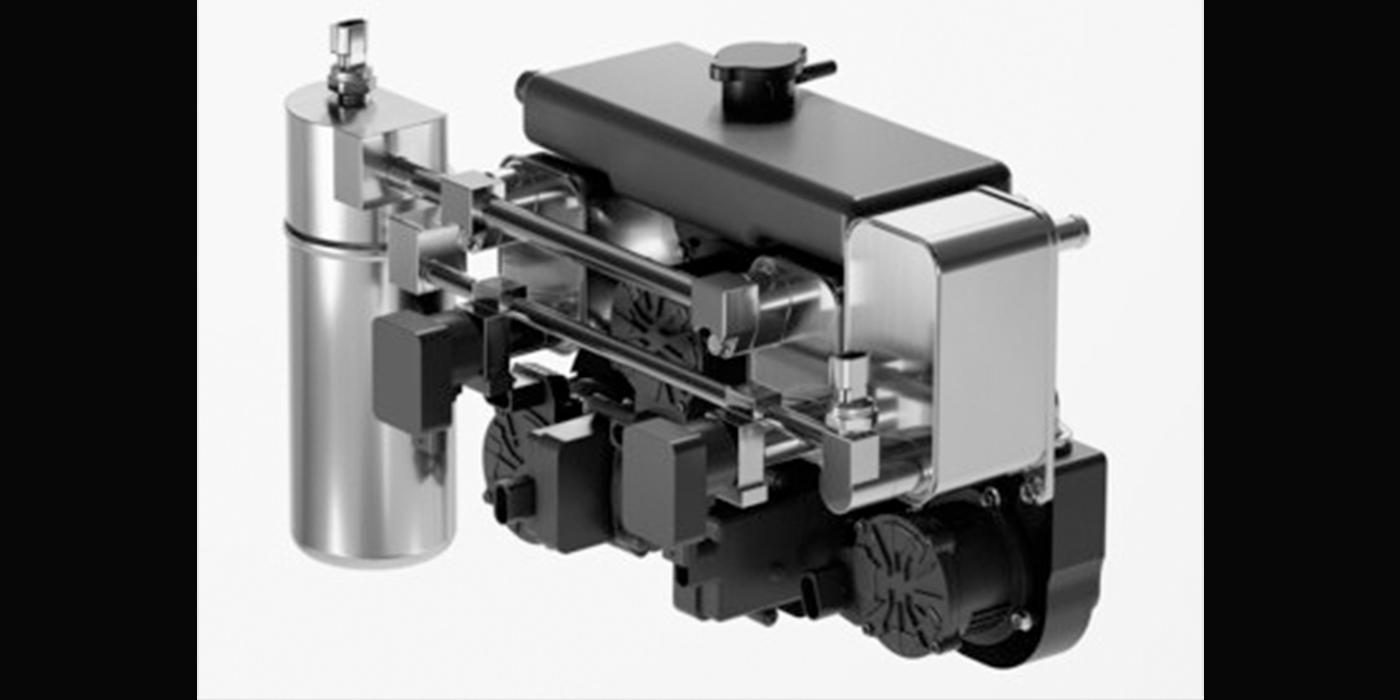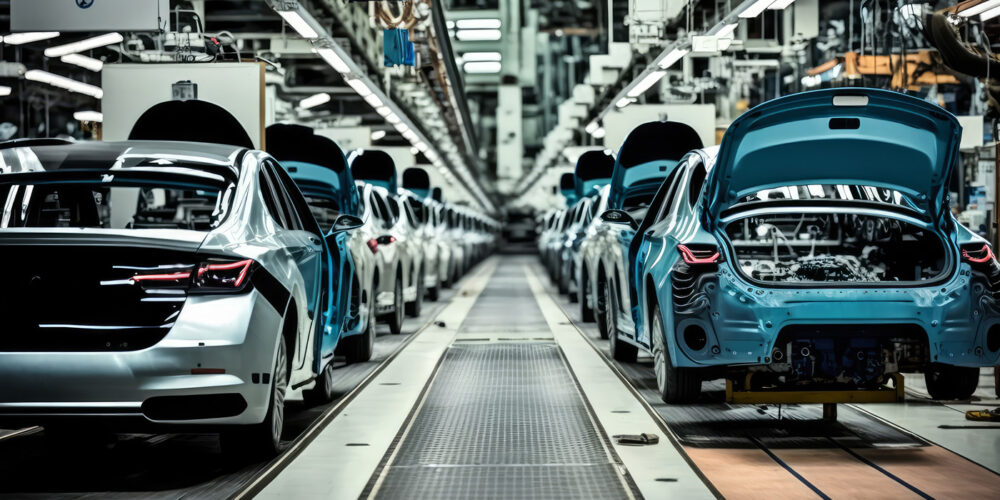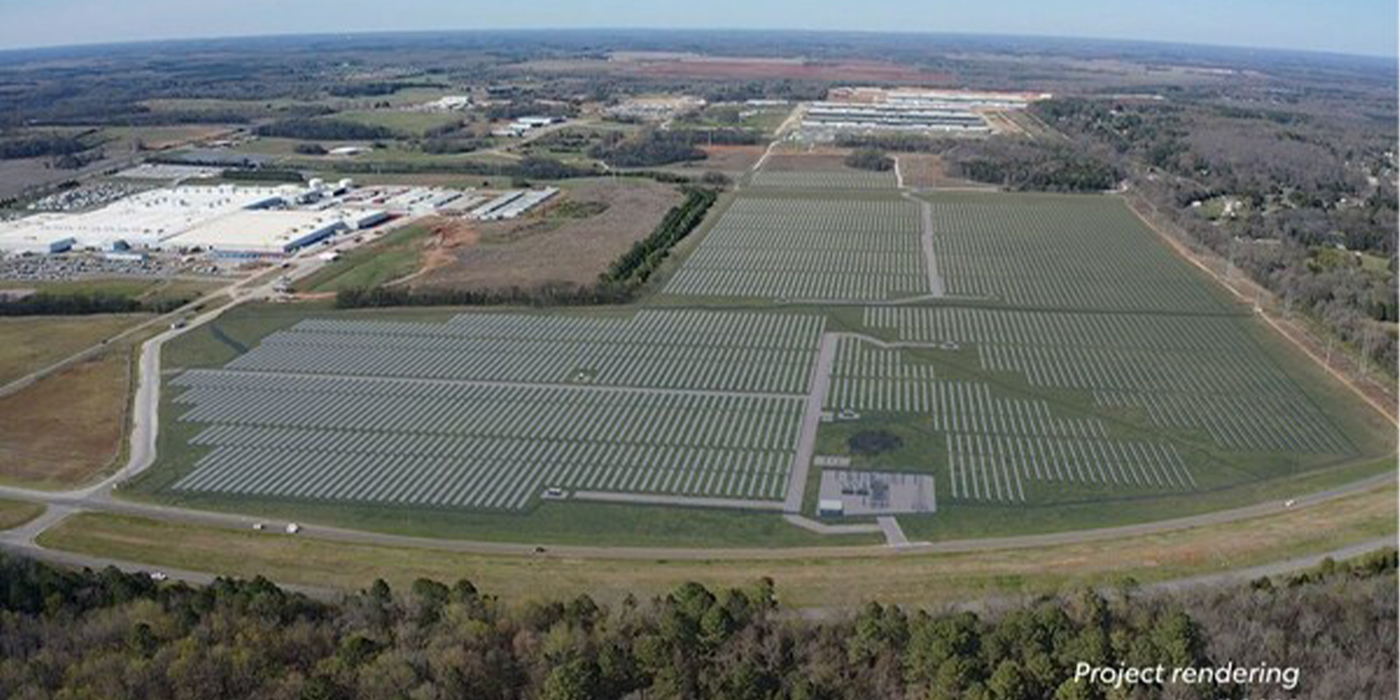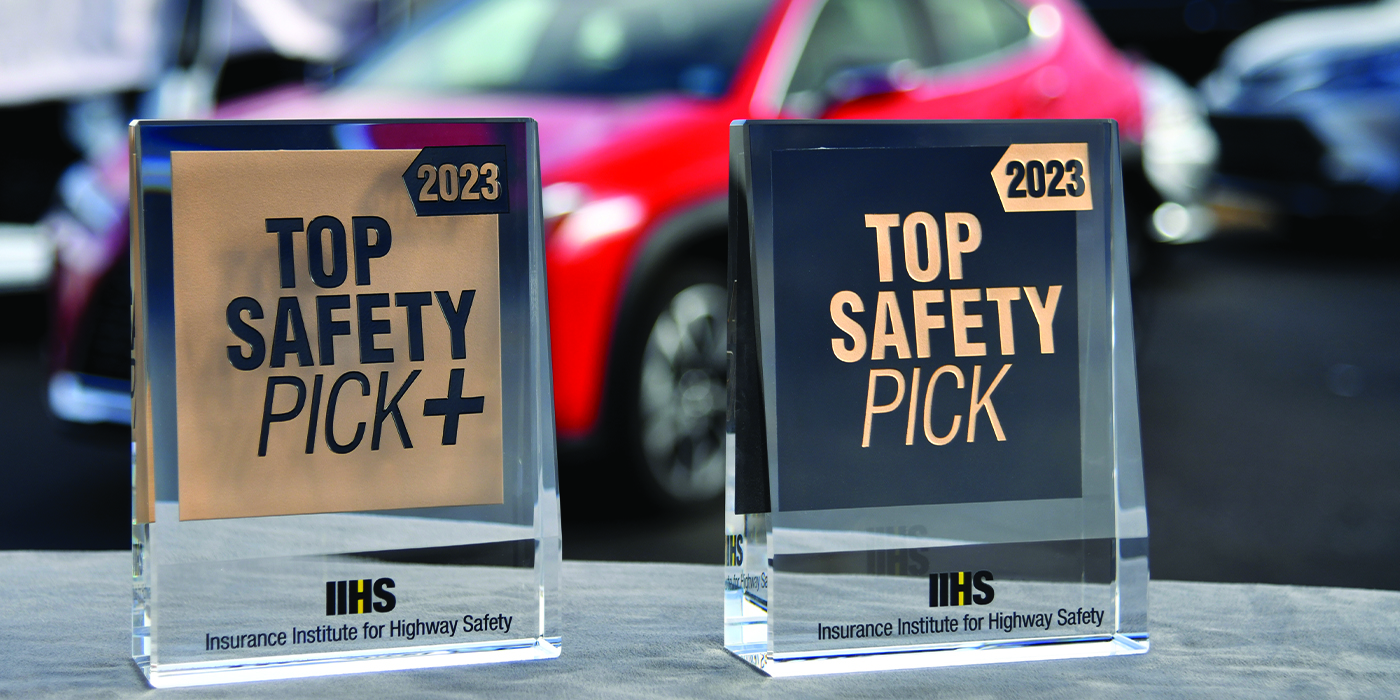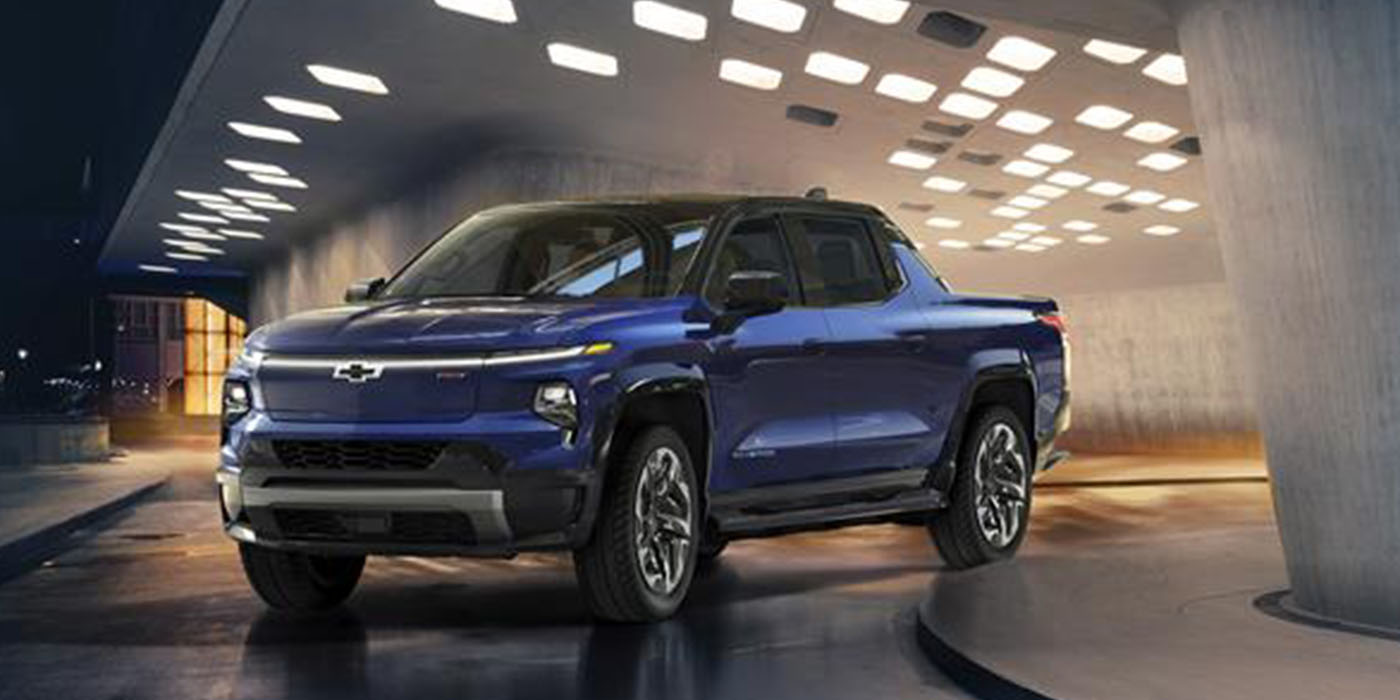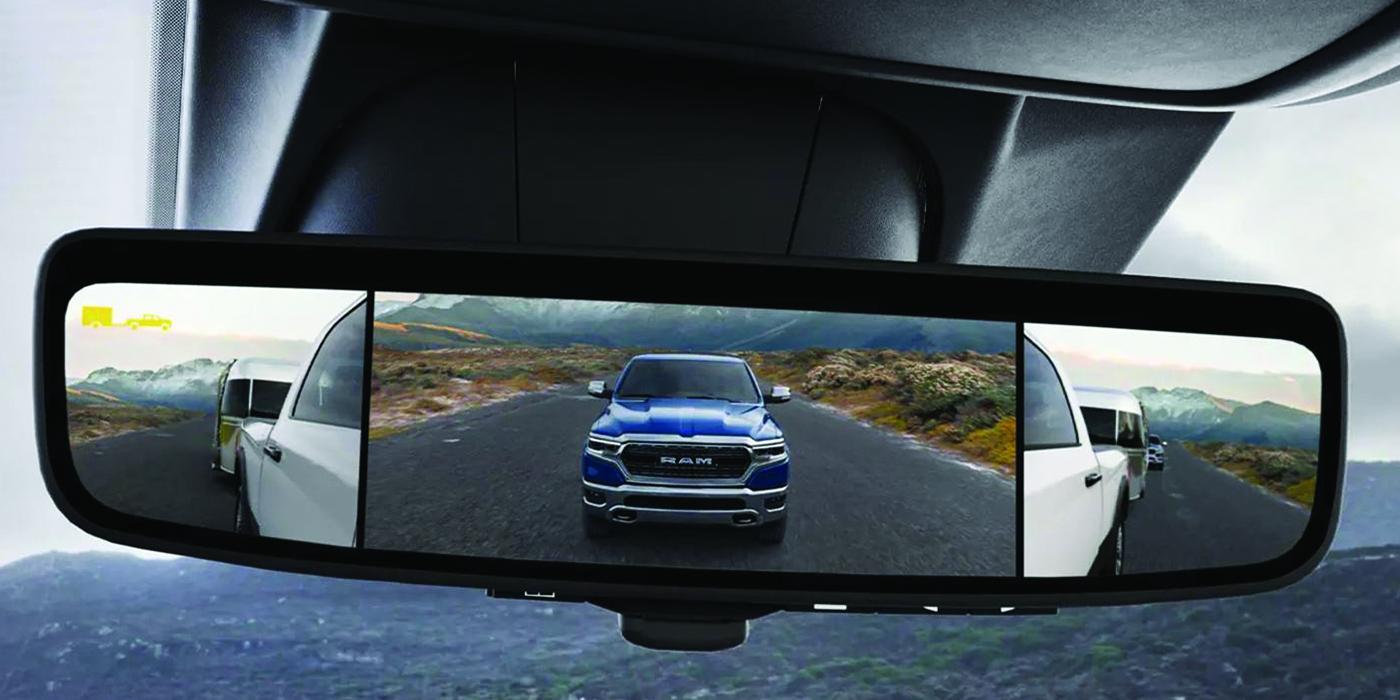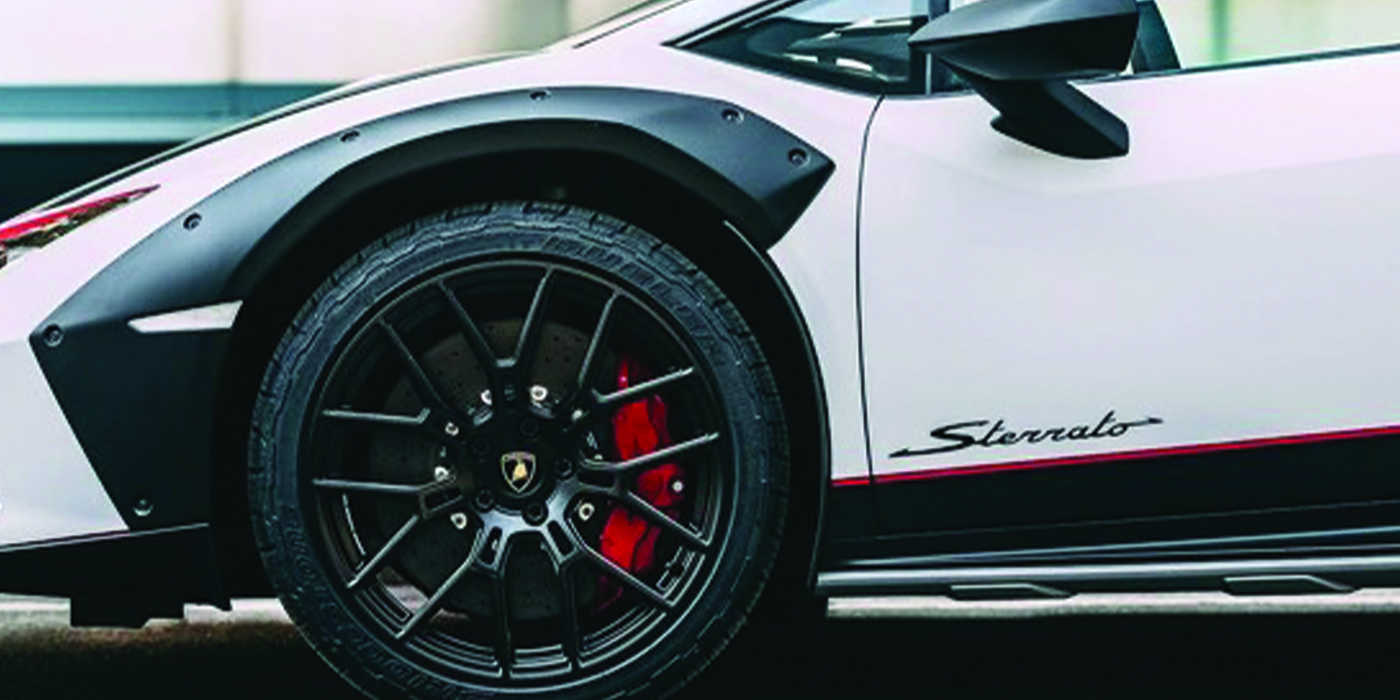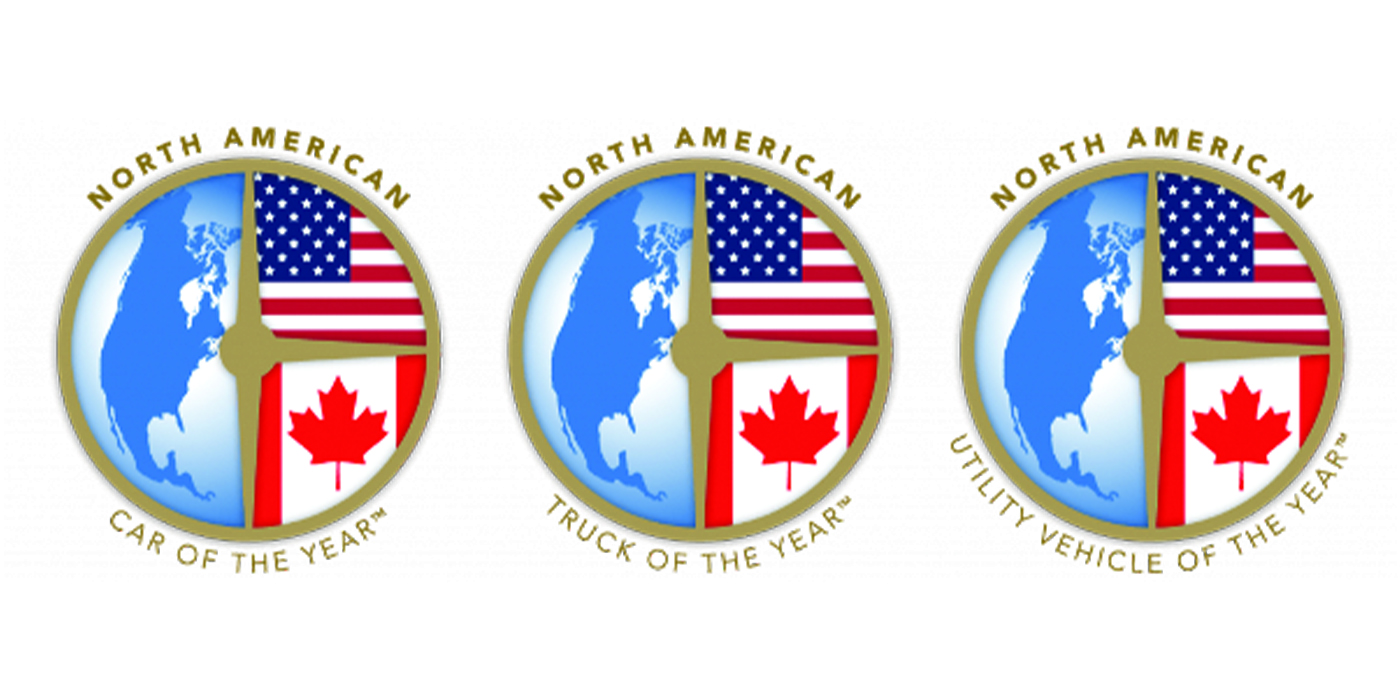Ford Global Technologies recently filed a Section 337 complaint at the International Trade Commission (ITC) against manufacturers and U.S. distributors of automotive collision repair parts alleging infringement of design patents for certain exterior repair parts for the 2005 Ford Mustang.
This follows a 2005 ITC complaint by Ford that alleged infringement of design patents for 2004, 2005, 2006 and 2007 F-150s. An administrative law judge of the ITC ruled that seven of 10 design patents directed to parts for the Ford F-150 truck were enforceable and infringed Ford’s design patents, but agreed with Keystone Automotive Industries and other companies that had vigorously contested the case that three patents were invalid due to Ford’s prior public use of the designs. The ITC then issued a cease and desist order to stop the importation of these parts into the United States.
Ford is requesting that the ITC conduct an investigation regarding automotive parts. The named respondents in the complaint are: Keystone Automotive Industries; LKQ Corporation; U.S. Autoparts Networks; Jui Li Enterprise, Taiwan; Y.C.C. Parts Manufacturing, Taiwan; TYC Brother Industrial, Taiwan; Taiwan Kai Yih Industrial, Taiwan; and T.Y.G. Products L.P., Texas.
In response to these complaints, the Quality Parts Coalition (QPC) was formed, representing a consortium of independent parts and insurance companies "committed to preserving and protecting the benefits of a competitive marketplace when repairing damaged vehicles." It believes Ford and other OEMs’ efforts to protect their design patents will eliminate competition and create a monopoly for OEMs.
"We have long believed the automotive companies have a business plan to utilize the ITC forum as a means to eliminate competition in the aftermarket, thus completely monopolizing the replacement collision parts market," said Eileen Sottile, executive director of the QPC. "The consumers, national and regional automotive groups and companies, repairers, insurance industry representatives and seniors who have rallied under the banner of the Quality Parts Coalition refuse to sit idly by while Ford and other automakers seek to impose a collision repair monopoly on the backs of American consumers."
In recent testimony before Congress provided by consumer groups including the Consumer Federation of America, Public Citizen, Consumers’ Union, the Center for Auto Safety and Advocates for Highway and Auto Safety, Jack Gillis of the Consumer Federation stated, "Our concern today is that the car companies are now using design patents, not for the important and legitimate protection of the overall design of their vehicles, but to prevent competition when it comes to getting the parts we need to repair our vehicles. This lack of competition will seriously harm consumers who will end up paying excessive and exorbitant prices. This is money better spent on health care, food, clothing and education instead of minor repairs at major costs."
The QPC argues that the car company replacement collision parts most consumers typically need to repair their vehicles after a crash — bumpers, fenders, taillights and grilles — cost an average of 8 percent less when a quality alternative replacement part is available, and those alternative parts are approximately 25 percent to 50 percent less than equivalent parts manufactured by OEMs.
Responding to the case made in recent testimony by the Consumer Federation of America, Public Citizen, Consumers’ Union, the Center for Auto Safety and Advocates for Highway and Auto Safety that keeping prices fair and the automotive collision parts marketplace free by adding a "repair clause" to United States design patent law is critical to preserving consumer choice, Rep. Zoe Lofgren (CA-16) introduced H.R. 5638. This legislation would amend Title 35, U.S. Code (Patents) to provide design patent exemption for alternative repair parts used for the purpose of repairing a vehicle to its original appearance. Co-sponsors of H.R. 5638 include Representatives Rick Boucher (VA-9), Sheila Jackson-Lee (TX-18) and Charles A. Wilson (OH-6).
For more information on the QPC, visit www.qualitypartscoalition.com.



